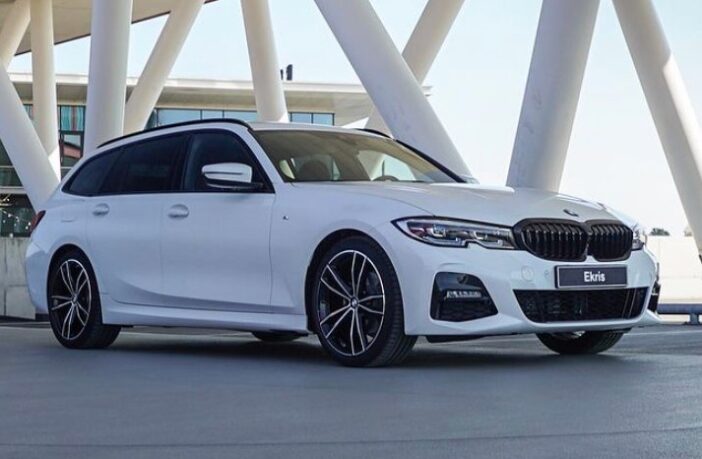Many of the big car companies are looking very closely at how they can curb their carbon emissions and in many instances are commandeering startups to help them achieve this.
A classic example is the BMW Group which has today announced it is investing in an innovative method for CO2-free steel production developed by American startup Boston Metal.
The investment, (it is an undisclosed amount) comes via BMW’s venture capital fund, BMW i Ventures. The cash must be fairly significant as Boston Metal plans to expand the new method for steel production on an industrial scale.
It is interesting that BMW sees steel as a core production material for the future.
“Even with the dynamic ramp-up of electromobility, steel will remain an important building material for car bodies and many components. BMW Group press plants in Europe process more than half a million tonnes of steel per year,” a company spokesperson said.
The key difference is that Boston Metal, which, by means of an electrolysis cell, produces pig iron that is later processed into steel. Traditionally steel is created using CO2 generating blast furnaces.
The deal is part of the BMW Group’s attempt to significantly reduce CO2 emissions across the supplier network.
“We systematically identify the raw materials and components in our supplier network with the highest CO2 emissions from production. Steel is one of them, but it is vital to car production. For this reason, we have set ourselves the goal of continuously reducing CO2 emissions in the steel supply chain. By 2030, CO2 emissions should be about two million tonnes lower than today’s figure,” said Dr Andreas Wendt, member of the Board of Management of BMW AG responsible for Purchasing and Supplier Network.
Investing in new technologies is one of many steps that the BMW Group says it is taking to meet its targets for the steel supply chain. For example, low-carbon production is an important award criterion for every contract.
“It is important to us that our partners are firmly committed to sustainable action and use production technologies with low -carbon emissions,” added Wendt. “The use of green power also has a major impact. We are already working with suppliers who use only green power for the steel they produce for us.”




